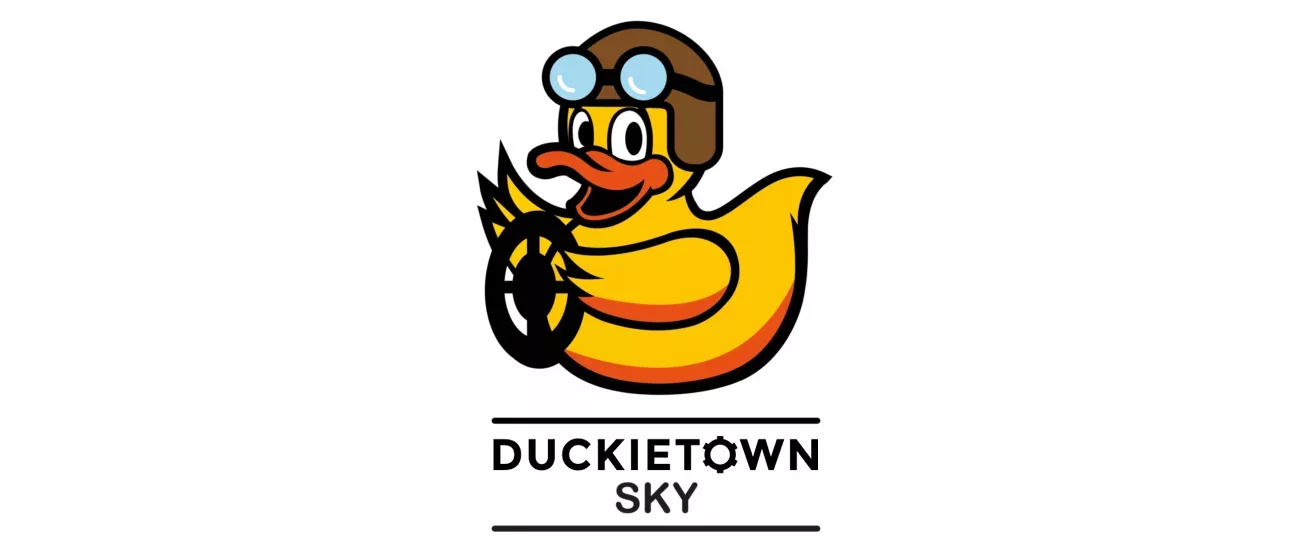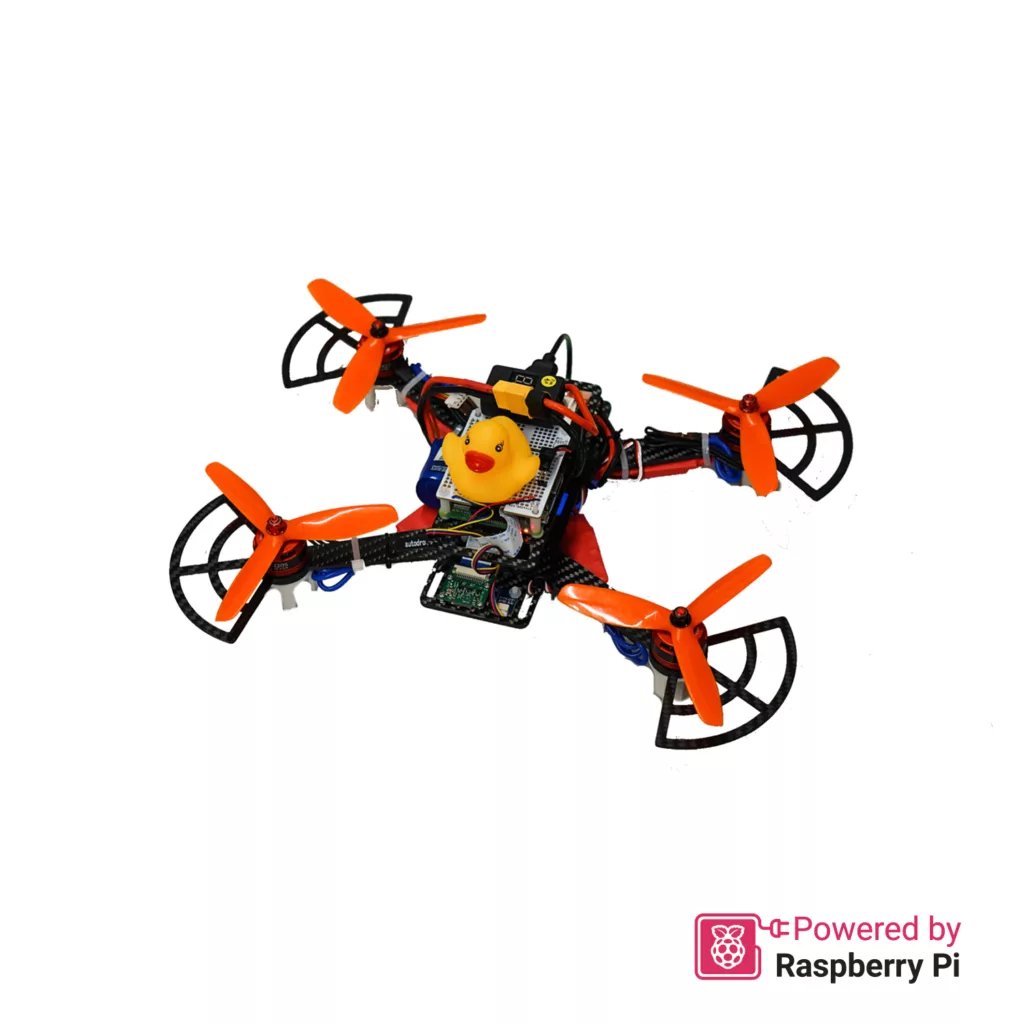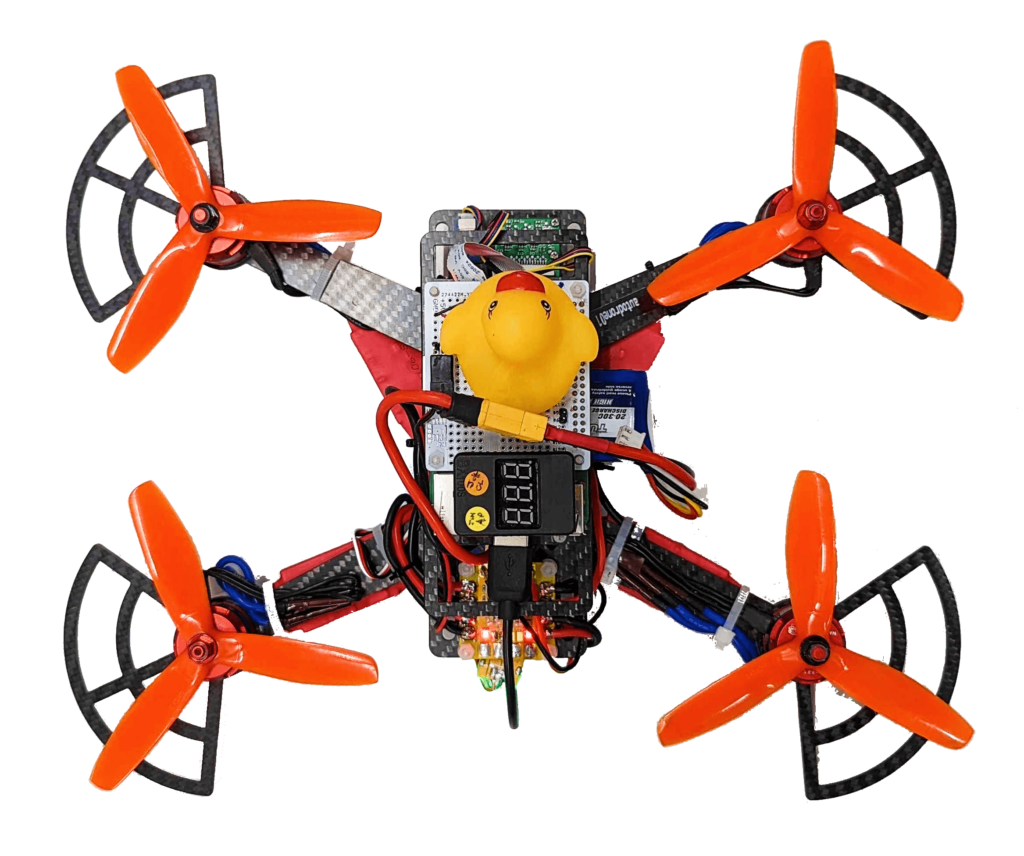Boston, 20 October 2023: Duckietown Sky and the Duckietown drone, a Raspberry Pi-based autonomous quadcopter, are discussed with the Aerial ROS community, a group of experts working to define the future of software architectures for quadcopters.
Learning robot autonomy by flying with Duckietown Sky
Following an invitation to the Aerial ROS workgroup community meeting, Duckietown staff was delighted to present the Duckietown Sky initiative, the current Duckiedrone design, a DIY Raspberry Pi-based autonomous quadcopter, and future plans for both hardware and courseware development.
The goal of the ROS (Robotic Operating System) aerial robotics working group is to gather drone enthusiasts within the ROS community and facilitate the sharing of ideas and discussion of issues regarding autonomous robotic platforms operating in the air.
Duckietown Sky, a National Science Foundation-funded educational effort in collaboration with Brown University started in 2019, is an integral component of the Duckietown education vision, representing the commitment to fostering robot autonomy education in all its forms. Beyond self-driving cars (Duckiebots) and smart cities (Duckietowns), Duckietown highlights what is common despite the different applications of robot autonomy. From ground to sky, whether it drives, flies, or blinks, Duckietown is a platform to learn, explore and innovate when it comes to robot autonomy.
With the focus on quadcopters, Duckietown Sky offers MOOC-style learning experiences tailored for undergraduate and senior high school students. Flight is exciting!
The program’s design criteria revolves around achieving state-of-the-art autonomy ground-up using off-the-shelf components, with a Raspberry Pi as core computational unit, for its wide-spread applications and large community. Duckiedrones, now at the second hardware design iteration moving towards the third, aim to provide students with hands-on learning experiences covering from the basics, such as soldering, to pretty advanced algorithmic cornerstones of autonomy such an UKFs (Unscented Kalman Filters) and SLAM (Simultaneous Localization and Mapping).
Aspiring engineers should however be prepared for preliminary requirements like soldering, have access to a laptop or base station, and an internet connection for setting the working environment up.
From a box of parts to a Raspberry Pi-based autonomous quadcopter
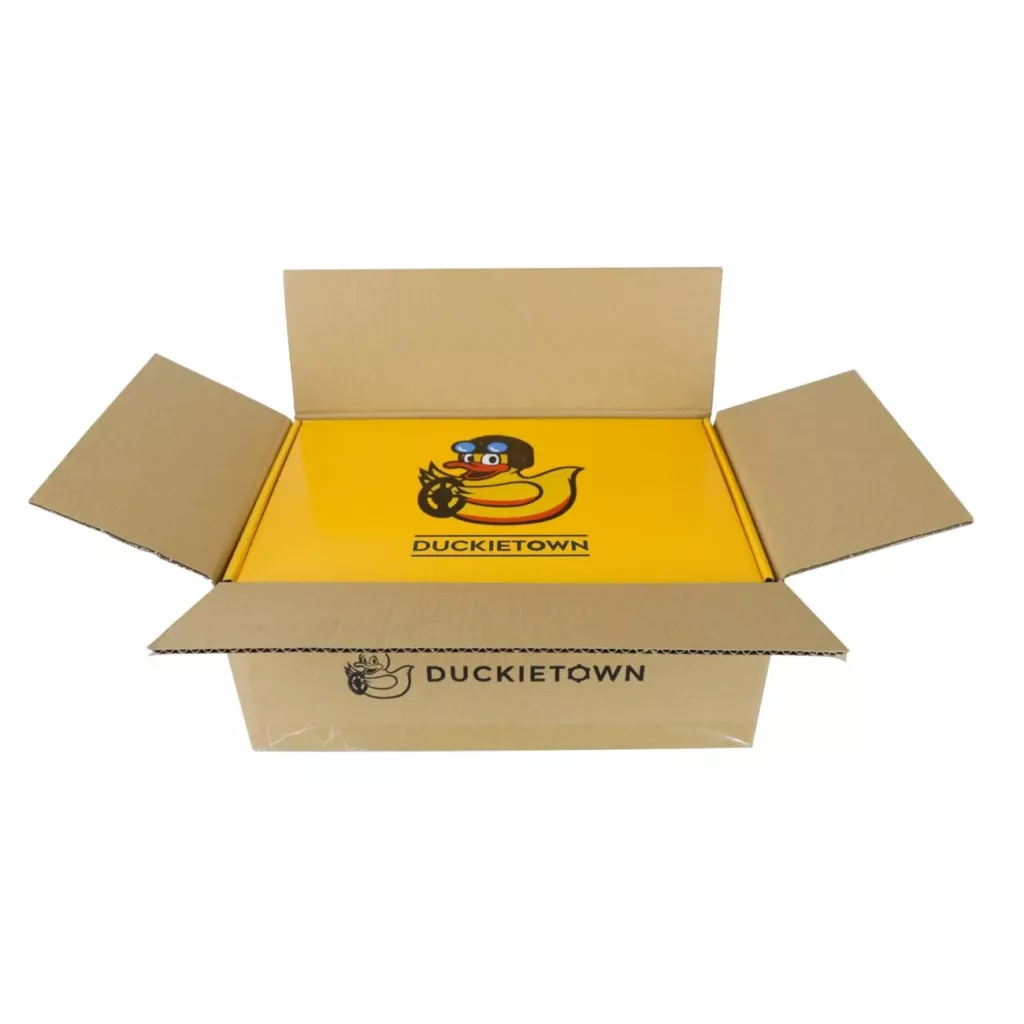
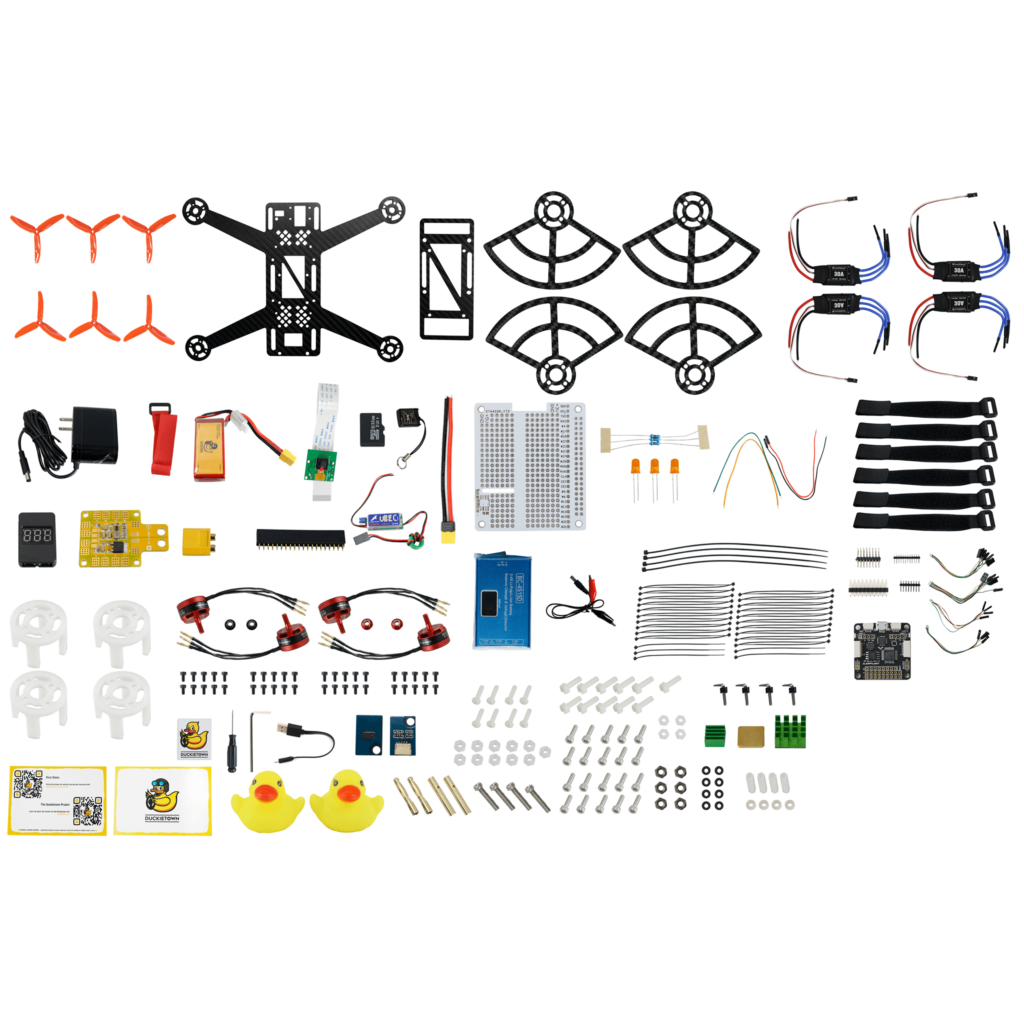
The Duckietown Sky experience is an exciting journey that begins with a simple box of parts and culminates in the creation of an autonomously flying drone. In the Duckietown spirit of democratizing access to the science and technology of autonomy through accessible platforms, the happy-yellow Duckiebox includes almost everything needed to get flying.
We encourage instructors, students and practitioners to check the development roadmaps for both our hardware design and courseware, outlined in our presentation, and reaching out without hesitation to provide comments or feedback!
Building on the extensive experience of the Duckietown team in massive open online courses (check out the Self-Driving Cars with Duckietown MOOC: the world’s first robot autonomy MOOC with hardware), we look to prepare a series of short online courses. These courses will be led by Professors from Brown, as well as other universities, and will provide an ever broader audience with the opportunity to explore the fascinating world of robot autonomy: from the science and technology to the tools and workflows, to real-world applications presented by industry and academic leaders.
Want to try the Duckietown Sky experience yourself, build a DYI Raspberry Pi-based autonomous quadcopter, or teach an aerial autonomy class at your high school or at university level? Follow the steps below to begin now.
Learn more about Duckietown
Duckietown enables state-of-the-art robotics and AI learning experiences. It is designed to help teach, learn, and do research: from exploring the fundamentals of computer science and automation to pushing the boundaries of human knowledge.

